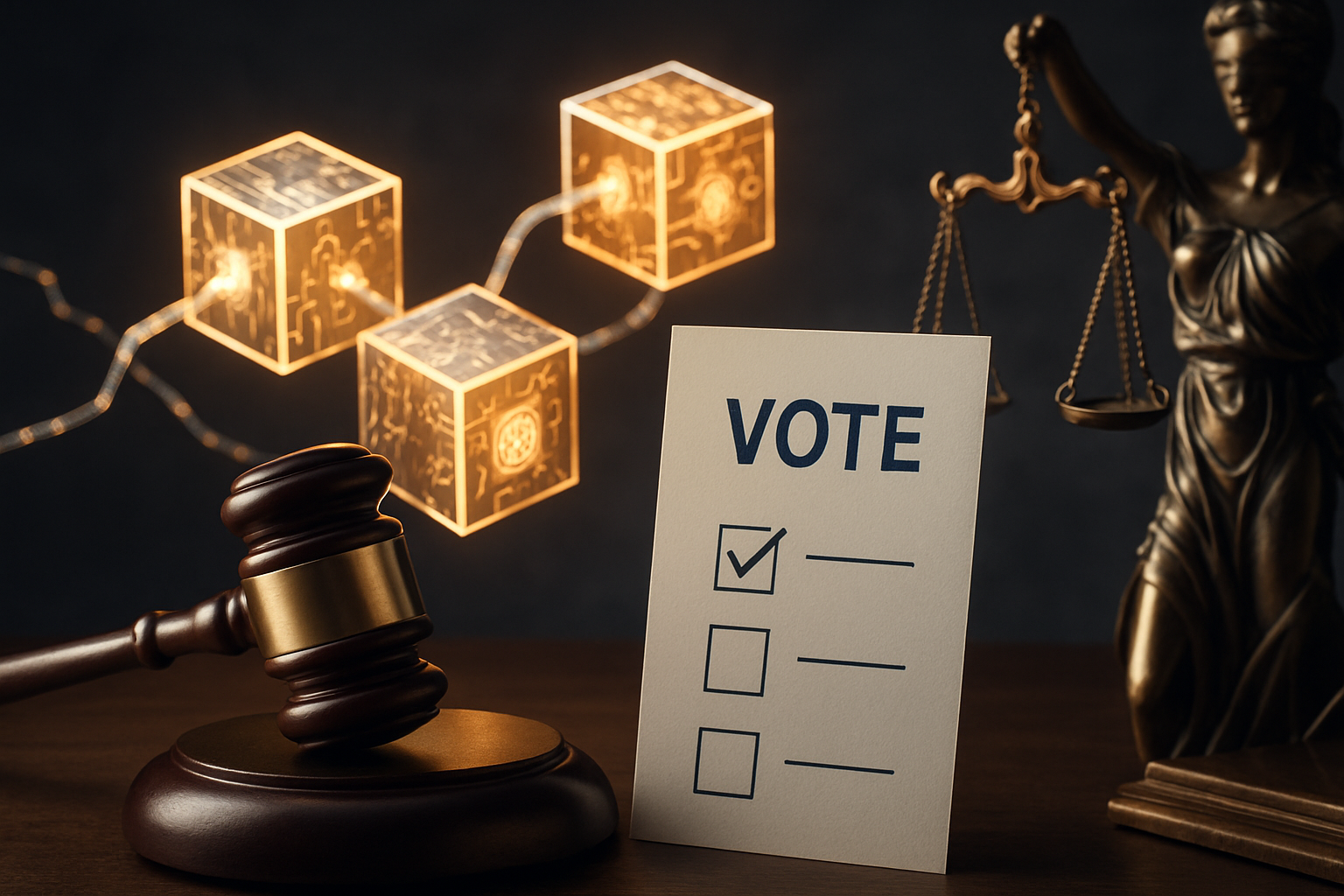Sovereign Immunity: The Crown's Legal Shield
Introduction: In the intricate tapestry of legal doctrines, sovereign immunity stands as a complex and often misunderstood concept. This principle, rooted in ancient traditions, continues to shape modern legal landscapes, influencing government accountability and citizen rights. Our exploration delves into the nuances of sovereign immunity, its evolution, and its contemporary implications.

Historical Roots of Sovereign Immunity
The concept of sovereign immunity dates back to feudal England, where it was unthinkable for a subject to sue the monarch. This idea stemmed from the divine right of kings, suggesting that the ruler, as God’s representative on Earth, was above earthly laws. As monarchies gave way to modern governments, this principle transformed but did not disappear. Instead, it adapted to fit new governmental structures, becoming a tool to protect state interests and functions.
The Evolution in Common Law Countries
In common law jurisdictions, particularly the United States and the United Kingdom, sovereign immunity has undergone significant changes. The U.S. adopted the doctrine from English common law but modified it to fit a republican form of government. The Federal Tort Claims Act of 1946 marked a pivotal moment, allowing certain types of lawsuits against the federal government. Similarly, the UK’s Crown Proceedings Act 1947 made the Crown liable in many areas previously protected by immunity.
Sovereign Immunity in International Law
On the global stage, sovereign immunity plays a crucial role in international relations and law. It protects states from being sued in foreign courts, a principle crucial for maintaining diplomatic relations and international order. However, this immunity is not absolute. Exceptions have emerged, particularly in cases involving commercial activities or human rights violations, reflecting the evolving nature of international law and state responsibility.
Contemporary Challenges and Debates
Modern debates surrounding sovereign immunity often center on its scope and limitations. Critics argue that broad immunity can lead to government unaccountability, while proponents maintain it’s necessary for effective governance. Recent years have seen challenges to sovereign immunity in various contexts, from human rights abuses to environmental disasters. These cases push the boundaries of traditional immunity doctrines, forcing courts and legislatures to reconsider the balance between state protection and individual rights.
The Future of Sovereign Immunity
As global governance structures evolve and the line between public and private sectors blurs, the future of sovereign immunity remains uncertain. Emerging technologies and transnational issues present new challenges to traditional notions of state sovereignty and immunity. Some legal scholars advocate for a more restricted application of sovereign immunity, particularly in cases involving fundamental human rights. Others argue for maintaining strong protections to ensure governments can function without constant legal interference.
Conclusion
Sovereign immunity, once an absolute shield for monarchs, has evolved into a nuanced legal principle balancing governmental needs with individual rights. Its application varies widely across jurisdictions, reflecting different legal traditions and political philosophies. As societies grapple with changing notions of accountability and justice, the doctrine of sovereign immunity will likely continue to adapt, shaping the relationship between governments and their citizens in the years to come.






